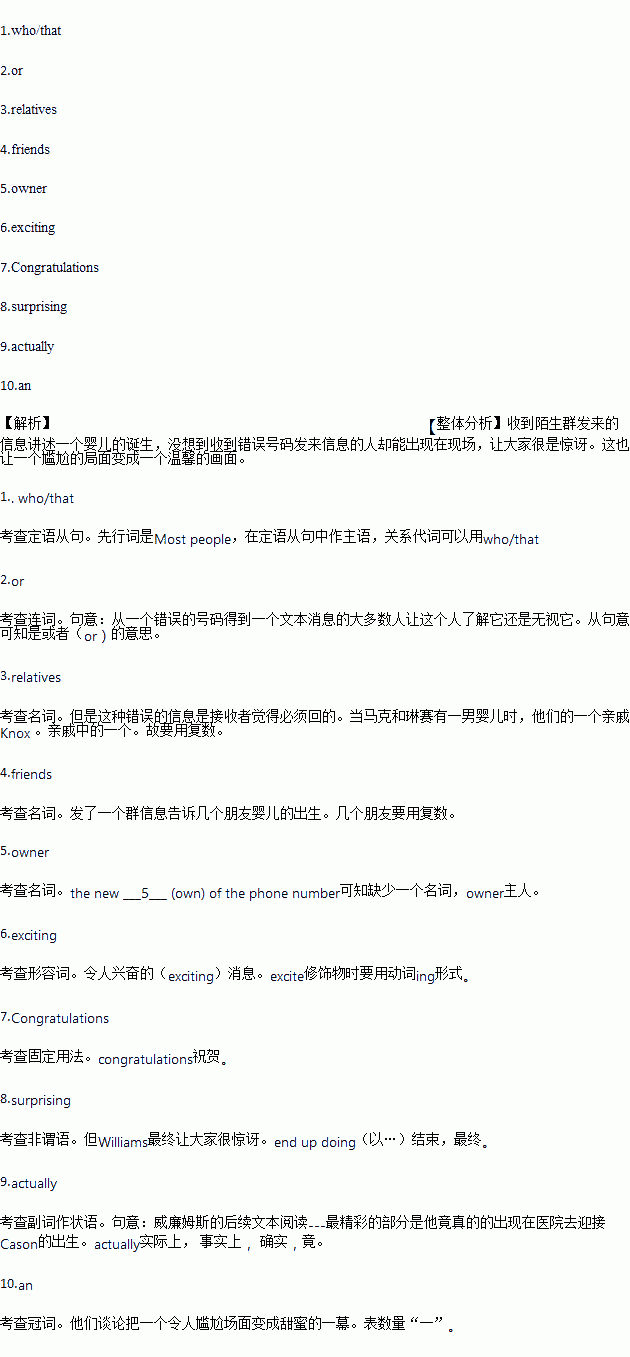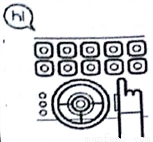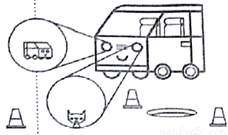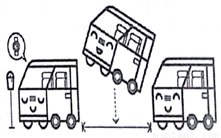题目内容
Most people1.get a text message from a wrong number either let the person know2.just ignore it—but this wrongful text was one that the receiver felt he had to answer.
When Mark and Lindsey Lashley had their baby boy,Cason Knox,one of their3.(relative) sent a group text message to let a few4.(friend) know about the birth—but it turned out that one of the phone numbers no longer belonged to someone they knew.Dennis Williams,the new5.(own) of the phone number,responded to the6. (excite) baby news,“7.(congratulate),but I think someone got the wrong number.”
When everyone else in the group text message realized what was going on,they laughed and apologized to this kind stranger for getting him caught up in the baby birthing news,but Williams ended up8.(surprise) everyone. “What's the room number...we have gifts,”Williams’s follow-up text read—and the best pan is that he9.(actual) showed up at the hospital to welcome Cason.And they talked about turning10.embarrassing situation into a sweet one!
Self-driving Capabilities Sensor and camera-equipped models from Audi and Volkswagen, among others, don’t just automatically brake to prevent minor accidents; they can actually navigate(行驶)around highway traffic and into garages without a human at the wheel. |
Attractive Dashboards In addition to Ford’s new Sync system, which better understands voice commands, Apple and Google have partnered with automakers to create interfaces(界面)as user-friendly as the ones on your smartphone. |
Smarter Headlights Audi’s and BMW’s ultra-bright laser headlights can detect oncoming cars and dim slightly to avoid disturbing their drivers. One problem: they’re not yet legal in the U.S. |
Self-parking Skills The new model of BMW’s all-electric can find its own spot in a parking lot, then send signals via a smart-watch app to contact its drivers. |
1.In terms of Self-driving Capabilities, what makes Audi and Volkswagen stand out?
A. Braking when sensing red lights.
B. Going into garages without a driver.
C. Stopping other cars on highway.
D. Taking photos with a camera.
2.Which of the cars can adjust the headlights in order not to upset drivers in oncoming cars?
A. Ford and Volkswagen. B. Audi and BMW.
C. Audi and Volkswagen. D. BMW and Ford.
3.In which section of a car magazine does the article most probably appear?
A. First Drive. B. Cars For Rent.
C. Instrumental Tests. D. Smart Tech.


 re shown. However, the paintings that made him famous after his death did little for him when he was alive.
re shown. However, the paintings that made him famous after his death did little for him when he was alive. rass is green, and crows are black. But the colors are used in such a way that it looks better than a photograph.
rass is green, and crows are black. But the colors are used in such a way that it looks better than a photograph.


